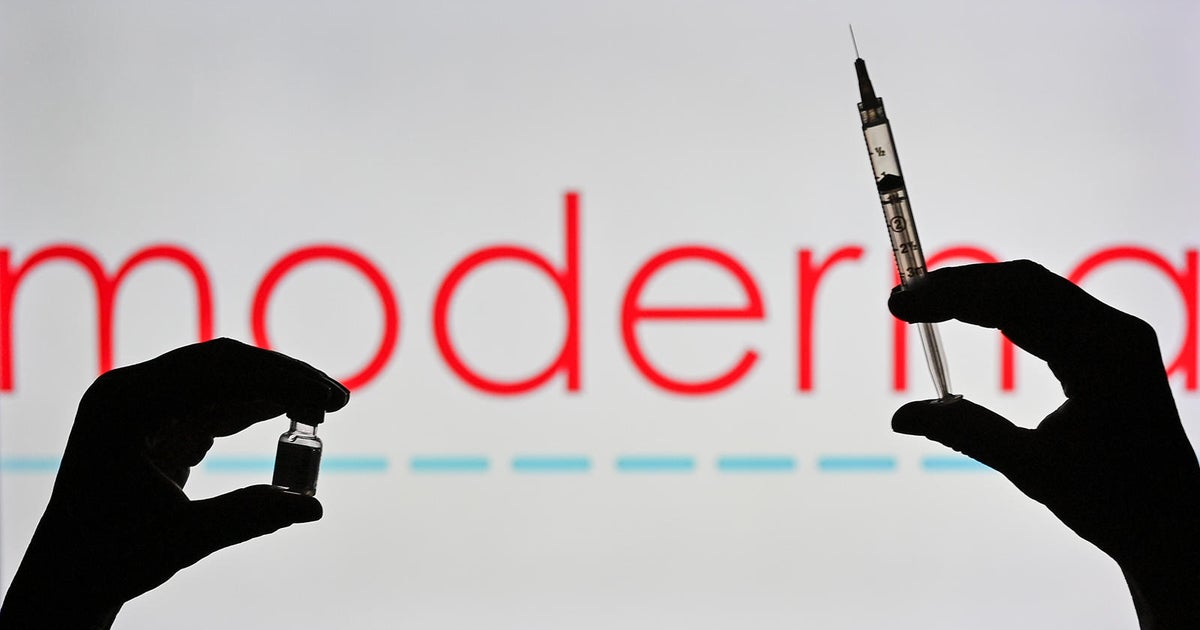Pulse oximeters may be inaccurate on people of color, FDA warns
Pulse oximeters — viewed as a critical in the fight against COVID-19 — may not work as advertised for people of color.
"The devices may be less accurate in people with dark skin pigmentation," the U.S. Food and Drug Administration stated in a safety notice posted on Friday.
The FDA's warning offers a toned-down version of recent and even years-ago research finding racial disparities in the performance of pulse oximeters, which measure oxygen levels. The clamp-style devices attach to a person's finger and track the amount of oxygen in their blood. Low oxygen levels signal a COVID-19 patient might be getting worse.
In its warning, the FDA cited recent research that found Black patients nearly three times as likely to not have dangerously low blood oxygen levels detected by pulse oximetry as White patients.
The U.S. Centers for Disease Control and Prevention has also updated its coronavirus clinical guidance to alert medical professionals to studies suggesting skin pigmentation can adversely affect the accuracy of the devices.
The moves come nearly a month after three U.S. senators called on the agency to review the product's accuracy across racially diverse groups.
"Multiple studies done in 2005, 2007, and most recently, in 2020, suggest that pulse oximeters provide misleading measures of blood oxygen levels to patients of color," wrote Democrats Elizabeth Warren of Massachusetts, Corey Booker of New Jersey and Ron Wyden of Oregon. "Simply put, pulse oximeters appear likely to provide misleading measures of blood oxygen level to patients of color — indicating that patients are healthier than they actually are and increasing their risk of negative health impacts from diseases like COVID-19," they wrote.
Most oximeters are likely calibrated using light-skinned individuals, on the assumption that skin pigment doesn't matter, whereas skin color is a factor in the product's reading involving infrared red light absorption into the skin, researchers surmised in 2007.
The issue is even more pertinent amid the novel coronavirus pandemic, which has more people buying pulse oximeters for use at home and doctors and other health professionals using them at work. Further, Black, Latino and Native Americans are more likely to be hospitalized with COVID-19 than others, according to CDC data.
"Given the widespread use of pulse oximetry for medical decision making, these findings have some major implications, especially during the current coronavirus disease," University of Michigan Medical School Drs. Michael Sjoding, Robert Dickson, Theodore Iwashyna, Steven Gay and Thomas Valley wrote in a December letter to the New England Journal of Medicine. "Our results suggest that reliance on pulse oximetry to triage patients and adjust supplemental oxygen levels may place Black patients at increased risk for hypoxemia," or low blood oxygen, they wrote.
The FDA faulted the research as limited due to its reliance on "previously collected health record data" from hospital visits that could not be statistically corrected for other potentially important factors. "However, the FDA agrees that these findings highlight a need to further evaluate and understand the association between skin pigmentation and oximeter accuracy," it stated.
In addition to skin color, poor circulation, skin thickness, skin temperature, tobacco use and fingernail polish can also affect the product's accuracy, the FDA found.



